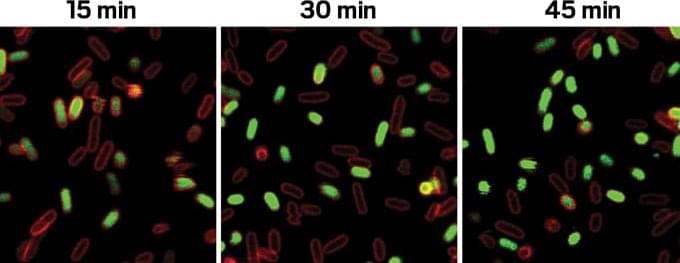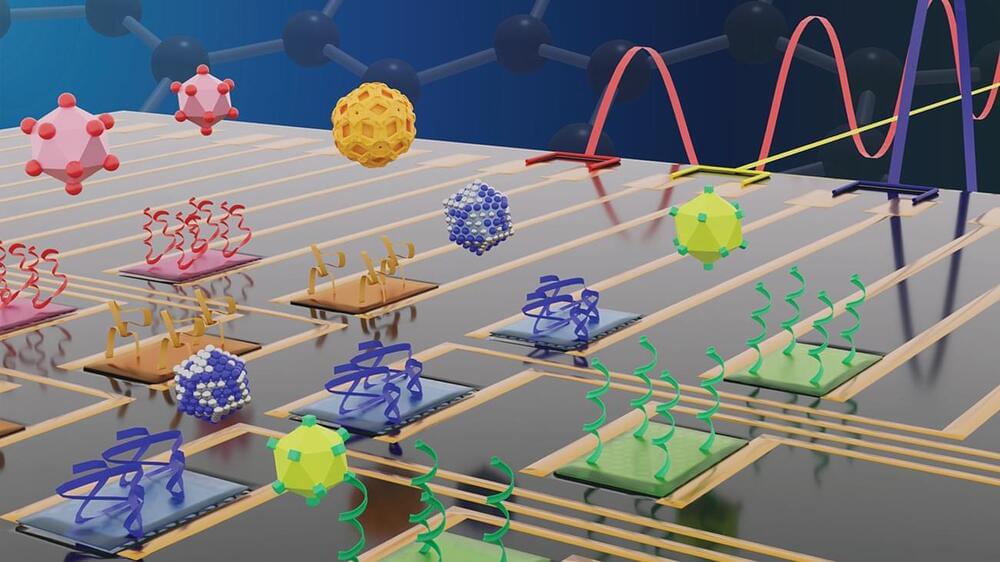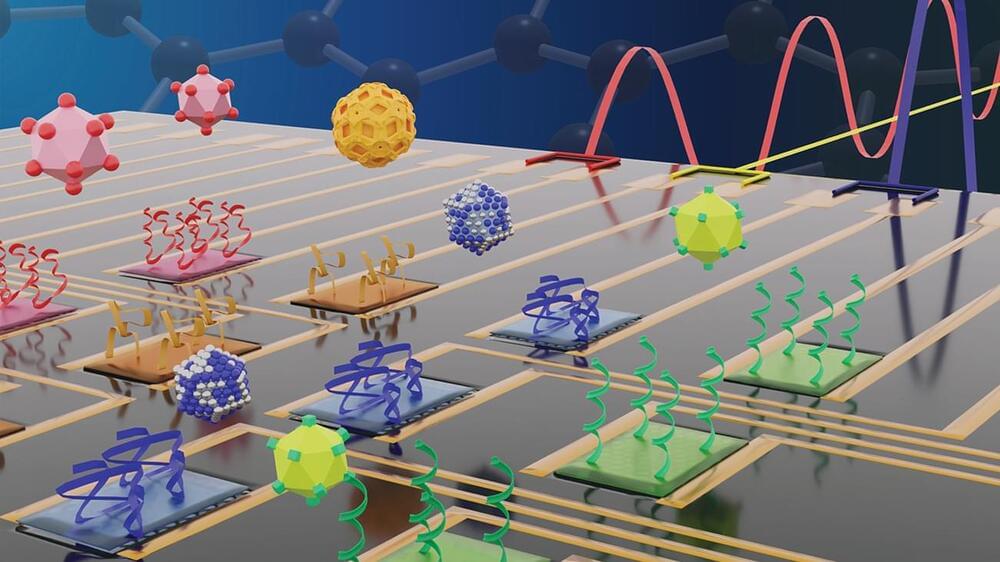The work-related death rate fell 95% in the U.S. between 1913 & 2015.
Labor union activism is often credited with the decline, but economic expansion is what made better working conditions possible in the first place.
Read more about this trend.
All economic activity involves some degree of physical risk. Credible data on work injuries and fatalities among our agrarian ancestors are difficult to come by. Yet agricultural work must have been quite unappealing, considering that so many people in the early 19th century preferred factory work over farm work.
Even today, notes the U.S. Department of Labor, agriculture “ranks among the most dangerous industries.” In 2011, the “fatality rate for agricultural workers was 7 times higher than the fatality rate for all workers in private industry; agricultural workers had a fatality rate of 24.9 deaths per 100,000, while the fatality rate for all workers was 3.5.” Likewise, the Workplace Safety and Health (WSH) Institute in Singapore found that global fatality rates per 100,000 employees in agriculture ranged from 7.8 deaths in high-income countries to 27.5 deaths in the Southeast Asia and Western Pacific regions in 2014. Manufacturing deaths ranged from 3.8 in high-income countries to 21.1 in Africa.









